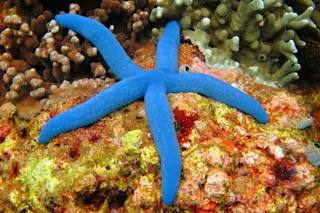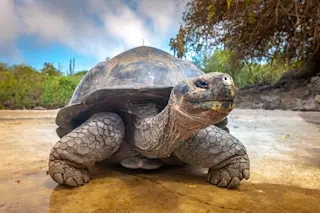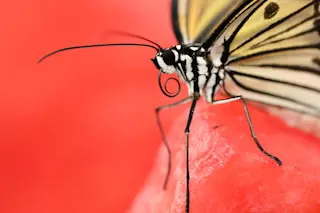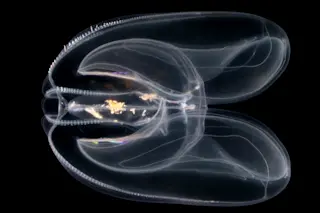The grandmother hypothesis states that women live well past menopause so that they can help raise successive generations of children. (Credit: Goran Bogicevic/Shutterstock) From an evolutionary perspective, the point of life is to procreate and pass on genes. That’s why most animals keep reproducing until their deathbeds. Yet in humans, females tend to live for decades after they're no longer fertile. All around the world, women experience menopause at around age 50 and routinely continue living into their 70s or 80s. Few other primates ever live long enough to make it through menopause. The rare individuals that do are usually zoo captives, who survive just several years more. Looking out across the entire animal kingdom, the only species known to have substantial numbers of females living past reproduction are four types of whales (killer, beluga, short-finned pilot and narwhal) and one insect, the aphid, Quadrartus yoshinomiyai. So it’s weird that ...
The Grandmother Hypothesis Could Explain Why Women Live So Long
Explore the grandmother hypothesis, which suggests post-menopausal women enhance evolutionary fitness by raising grandchildren.
More on Discover
Stay Curious
SubscribeTo The Magazine
Save up to 40% off the cover price when you subscribe to Discover magazine.
Subscribe













